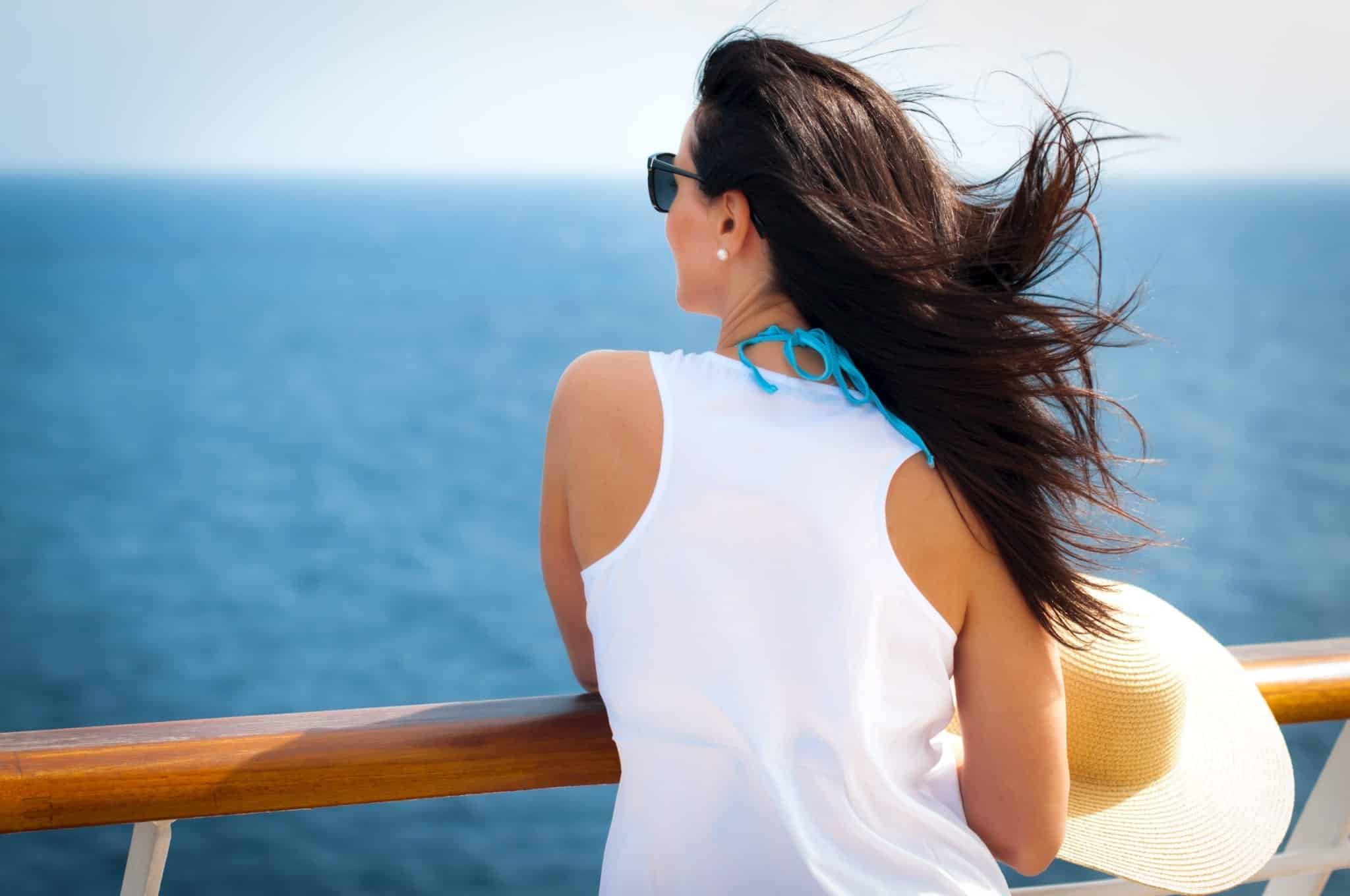A cruise ship worker from the Norwegian Getaway cruise ship recently fell overboard in the Gulf of Mexico. US Coast Guard ships attempted to locate the man for many hours, but they eventually called off the search after covering over 1,600 square miles without success.
Twenty-two hours later, however, a cabin steward from a Carnival cruise ship spotted the stranded man in the water waving for help. Miraculously, he was rescued and is in stable condition. He had no survival devices at the time of his rescue, and he is presumed to have treaded water the entire time he was stranded.
Although the victim was rescued due to an extremely lucky coincidence, drownings and other injures are not uncommon on cruise ships for crew members and passengers alike. Unfortunately, holding the responsible parties accountable for preventable accidents is often a complex matter, as accidents at sea fall under the jurisdiction of maritime law.
Below, we cover the basics of cruise ship accidents and liability, and how a cruise ship injury lawsuit works.
Cruise Ships are Common Carriers
Cruise ships are considered common carriers, defined as an entity that transports passengers or goods on regular routes at predetermined rates. A common carrier owes its passengers the highest degree of care to ensure a safe passage.
Maritime Law
Most cruise ships serving US customers are registered not in the US, but in countries such as the Bahamas or Panama, where labor and safety laws are relatively relaxed. However, cruise ships fall under the jurisdiction of maritime law so long as the accident occurred in international waters.
Under maritime law, carriers can only be held liable for cruise ship injuries if it can be proven that the ship operator knew or should have known about the unsafe condition(s) that caused the accident.
Cruise Ship Tickets Are a Legal Contract
Most of the information regarding a ship operator’s liability and where liability suits may be filed is printed on the back of your cruise ticket. You may also see a limited liability waiver (for example, a clause releasing the operator from liability for emotional distress).
Under maritime law, you must file a personal injury suit within three years of the date of the accident. However, some cruise ships have a notice-requirement clause that shortens this window to 12 months for physical injuries, and often a period of just days for non-physical injuries such as theft. If there is a notification-requirement clause, it will also be found on the back of your ticket.
The ticket serves as a legal contract, and by purchasing it and boarding the cruise ship, you legally consent to the terms laid out on the ticket. It is therefore a very good idea to read the back of your cruise ship ticket before boarding the ship.
Determining Negligence in Cruise Ship Accidents
Importantly, cruise ship carriers are not strictly liable for passenger injuries. In order to hold the operator liable for injuries, you must be able to prove that the injuries were caused by negligence or willful intent on the part of the ship operator.

You will therefore need to find witnesses or present evidence proving the ship operator’s negligence. You may also need the testimony of expert witnesses. Additionally, if the injury occurred due to noncompliance with a safety regulation, this would be considered negligence.
Essentially, what all of this means is that cruise ship injury liability is complex, and very different from other premises liability suits. If you have been injured on a cruise ship, you will need to consult with an attorney experienced in cruise ship injury liability.
About the Author:
Andrew Winston is a partner at the personal injury law firm of Winston Law. For over 20 years, he has successfully represented cruise victims who have suffered all kinds of injuries and illnesses due to negligence. He has been recognized for excellence in the representation of injured clients by admission to the Million Dollar Advocates Forum, is AV Preeminent Rated by the Martindale-Hubbell Law Directory, enjoys a 10.0 rating by AVVO as a Top Personal Injury Attorney, has been selected as a Florida “SuperLawyer” from 2011-2017 – an honor reserved for the top 5% of lawyers in the state – and was voted to Florida Trend’s ”Legal Elite” and as one of the Top 100 Lawyers in Florida and one of the Top 100 Lawyers in the Miami area for 2015, 2016, and 2017.







